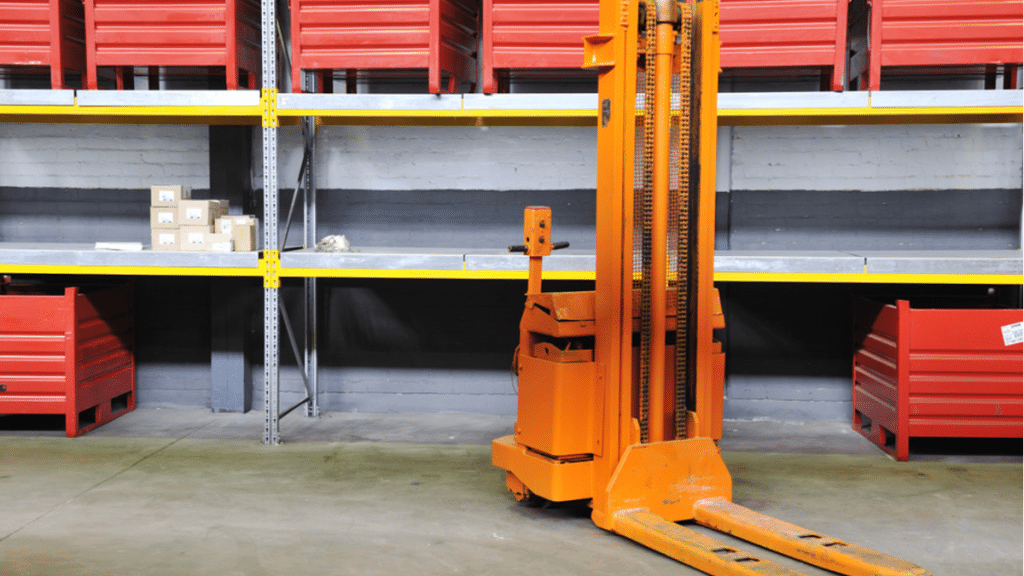Lithium batteries are increasingly common in the modern world, found in cell phones, electric cars, and beyond. These robust batteries deliver impressive benefits, but their storage poses particular issues. Because of the associated hazards, specialized storage is needed. This need can be met through using a lithium battery storage container. These containers are built for safety and durability. Proper storage of lithium batteries is absolutely necessary for the protection of not just the batteries, but also the areas in which they are located.
Considering Safety Risks
The chemical nature of lithium batteries and the damage they can do make safety the most prominent reason for proper lithium battery storage. Custom lithium battery storage containers are intended to contain and isolate any hardware faults. This containment reduces the risk of fires, which can result from a phenomenon called thermal runaway, which occurs when the battery overheats and catches fire. In addition, these containers are designed to stand up to high temperatures, adding another layer against the battery going internally catastrophic. The fire-retardant materials are standard for these containers, so you can rest assured they can control and suppress any combustive occurrence.
On top of internal risks, external environmental factors also lead to the need for storage solutions like these specialized systems. For example, humidity and moisture can have adverse effects on lithium batteries, so a barrier is needed that is impervious to these elements. Lithium batteries can keep a slight charge, and these containers help maintain an environment in which the battery is stable and unlikely to malfunction due to shifted chemical makeup. They also protect the batteries from physical tremors that can create structural damage, thus leading to leaks or fires. These specific containers can be cushioned, providing additional protection when the batteries are handled or transported.
Maintaining Battery Health
Leaking of lithium inside batteries can cause short circuits and ignition/explosion risk. Proper storage is critical for the lithium battery integrity and longevity. Improper conditions, like high heat or extreme cold, can severely impact the performance of batteries. Thermal regulation systems — specialized lithium battery storage containers — are used to keep the temperature within a safe and optimal range. This thermal stability is critical to preventing degradation of the battery components, which can hinder its performance and longevity. This increased service life of batteries quickly recoups the investment in storage solutions.
Besides temperature, these containers assure optimal humidity and air quality as well. In containers with moisture absorption materials, desiccants or similar materials may be used to absorb the moisture that enters the storage area. The containers help keep the humidity low, reducing the chance of moisture-related corrosion on the battery terminals and circuits. Through this attention to detail and the design processes, the elevated storage conditions keep the batteries as close to fresh from the factory as possible. These benefits have led to a heightened demand for specialized storage containers.
Choosing Environmentally-Friendly Storage
Lithium batteries that are not stored properly are becoming an ever-growing environmental hazard. Improper storage of batteries can leak hazardous chemicals into the environment. Specialized lithium battery storage containers can help reduce that risk with sealed barriers that help contain leaks. These are usually contained in chemical-resistant containers to keep them from leaking toxic agents into their environment. These solutions reduce environmental contamination and support sustainability efforts by ensuring such containment.
In an effort to address the immediate risks associated with lithium batteries, there have been global regulatory initiatives that have established strict protocols around lithium battery storage and transportation. These regulations have to be followed where special storage containers complying with these standards help companies meet their legal requirements. Claims against a corporation can cause a loss of reputation, penalties, fines, and increased scrutiny from regulators. Using these containers is a safe practice and promotes environmental stewardship. Not only do they act as a safety mechanism, but they are a tool to help ensure compliance in a world where environmental concerns are becoming more and more paramount.
The case for specialized lithium battery storage solutions is no longer just about being taking a prudent step — it is now a firm business proposition for many corporations. These containers empower organizations and people to operate in complicated safety environments and comply with regulatory standards while also improving battery performance levels. Whether it is through future innovations or further dependence on lithium technology, these storage solutions will continue to play a critical role in ensuring a safe, sustainable, and future-ready world.
